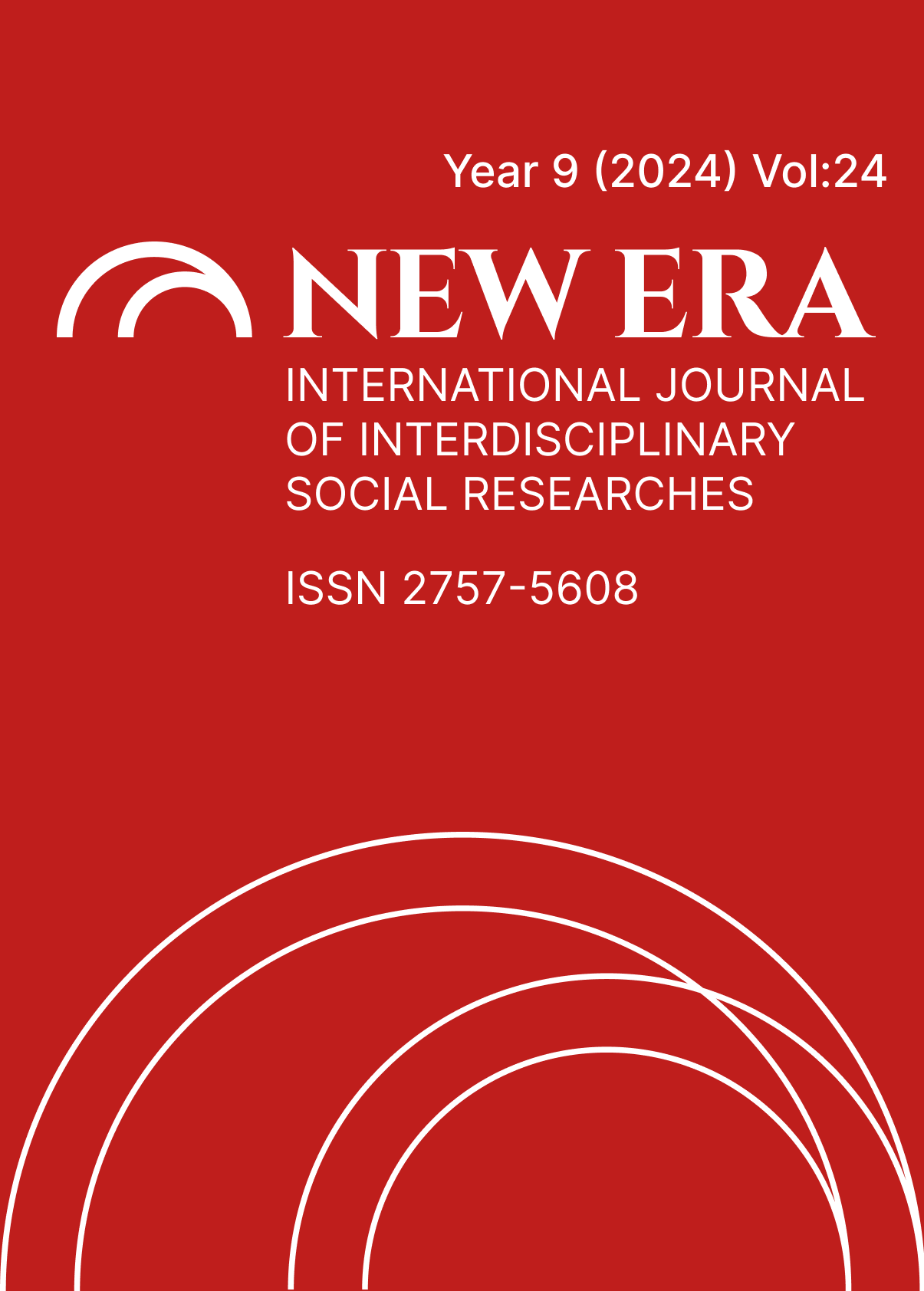FOSTERING GENERAL EDUCATION TEACHERS AWARENESS ON INCLUSIVE EDUCATION FOR STUDENTS WITH SPECIAL EDUCATIONAL NEEDS: A REVIEW STUDY
DOI:
https://doi.org/10.5281/zenodo.12536377Keywords:
Fostering, General Education Teachers, Awareness, Inclusive Education, Students with Special Educational Needs, and Review Study.Abstract
The present study fosters general education teachers (GET) awareness on inclusive education (IE) for students with special education needs (SwSENs). Everyone has the right to an equal education, including students with SENs. However, when it came to the actual concept of IE, there was an obvious awareness gap between general education teachers with more and less experience; however, there was a knowledge gap regarding the legal requirements for IE, basic information about children with SENs, or the skills and competencies needed to implement IE. Access to education and learning opportunities is ensured for all students through IE, including those with SENs. A student is considered to have special educational needs when they require individualised support while learning. IE approaches include a wide range of practices, such as adapted classrooms settings, inclusive teaching strategies, and providing students with the same assistance and instruction as their peers in a regular grade-level classroom. Everyone should have access to IE's benefits, especially students with SENs. It may be necessary for various experts to work together to address potential further issues, such as exploitation. To instil in young minds the values of optimism and tolerance, IE is essential in the fight for a world devoid of discrimination. Improving children's complete education is IE's primary focus, along with its practical benefits and drawbacks. We actively encourage diversity awareness and appreciation at IE to foster acceptance, tolerance, and understanding among our varied student body. Even with its advantages, IE may face educational equity and diversity obstacles. Despite all the challenges, GET will successfully implement IE for students with SENs.
References
Abbas, F., Zafar, A., & Naz, T. (2016). Footstep towards Inclusive Education. Journal of Education and Practice, 7(10), 48-52.
Abrol, M. Role of Teacher in Promoting Inclusive Education.
Alquraini, T. A. S., & Rao, S. M. (2018). A study examining the extent of including competencies of inclusive education in the preparation of special education teachers in Saudi universities. International Journal of Disability, Development and Education, 65(1), 108-122.
Amjad, A. I., Tabbasam, U., & Habib, M. H. (2023). Uncovering teachers' concerns and multi-dimensional attitude towards inclusive education: Who's included and who's excluded. Journal of Contemporary Trends and Issues in Education, 2(3), 1-22.
Avramidis, E., & Norwich, B. (2002). Teachers' attitudes towards integration/inclusion: a review of the literature. European journal of special needs education, 17(2), 129-147.
Bai, H., & Martin, S. M. (2015). Assessing the needs of training on inclusive education for public school administrators. International Journal of Inclusive Education, 19(12), 1229-1243.
Dave, M. D. A Study of Awaeness of Primary School Teachers Towards Inclusive Education.
Ehsan, M. (2018). Inclusive education in primary and secondary schools of Pakistan: Role of teachers. American scientific research journal for engineering, technology, and sciences (ASRJETS), 40(1), 40-61.
Farrel, A. (2004). The Internet and its protocols: A comparative approach. Elsevier.
Forlin, C. (2019). Teacher education and inclusion in the Asia-Pacific region. In Oxford Research Encyclopedia of Education.
GARBUTT, G. W. (2018). TEACHERS’AWARENESS AND SUPPORT FOR LEARNERS WITH LEARNING DISABILITIES FOR EFFECTIVE INCLUSIVE EDUCATION IN PUBLIC PRIMARY SCHOOLS IN TRANS-NZOIA COUNTY, KENYA (Doctoral dissertation, University of Eldoret).
Jena, S. S., & Mishra, S. Awareness of Elementary School Teachers about Inclusive Education.
Korkmaz, I. (2011). Elementary Teachers' Perceptions about Implementation of Inclusive Education. Online Submission, 8(2), 177-183.
Maheshwari, P., & Seth, N. (2019). Effectiveness of flipped classrooms: A case of management education in central India. International Journal of Educational Management, 33(5), 860-885.
Makwana, G. THE CONCEPT OF INCLUSIVE EDUCATION IN INDIA.
Maria, U. E. (2013). Teachers’ perception, knowledge and behaviour in inclusive education. Procedia-Social and Behavioral Sciences, 84, 1237-1241.
Pingle, S., & Garg, I. (2015). Effect of Inclusive Education Awareness Programme on Preservice Teachers. Online Submission.
Senarath, S. (2019). Teacher awareness, teaching confidence and facilitation of learning for children with special educational Needs (SEN) in an Inclusive Classroom. Education, 8(1), 82-94.
Sirem, Ö. (2024). A study on parents’ awareness of inclusive education. European Journal of Special Needs Education, 39(2), 297-310.
Srivastava, M., de Boer, A. A., & Pijl, S. J. (2017). Preparing for the inclusive classroom: changing teachers’ attitudes and knowledge. Teacher Development, 21(4), 561-579.
Thakur, I., & Abbas, F. (2017). Inclusive education in Punjab: Challenges and way forward. JELM, 1.
UNICEF. (2008). The state of the world's children 2009: maternal and newborn health (Vol. 9). Unicef.
Yada, A., Tolvanen, A., & Savolainen, H. (2018). Teachers' attitudes and self-efficacy on implementing inclusive education in Japan and Finland: A comparative study using multi-group structural equation modelling. Teaching and teacher education, 75, 343-355.
Zagona, A. L., Kurth, J. A., & MacFarland, S. Z. (2017). Teachers’ views of their preparation for inclusive education and collaboration. Teacher Education and Special Education, 40(3), 163-178.
Downloads
Published
How to Cite
Issue
Section
License
Copyright (c) 2024 NEW ERA INTERNATIONAL JOURNAL OF INTERDISCIPLINARY SOCIAL RESEARCHES

This work is licensed under a Creative Commons Attribution-NonCommercial 4.0 International License.


